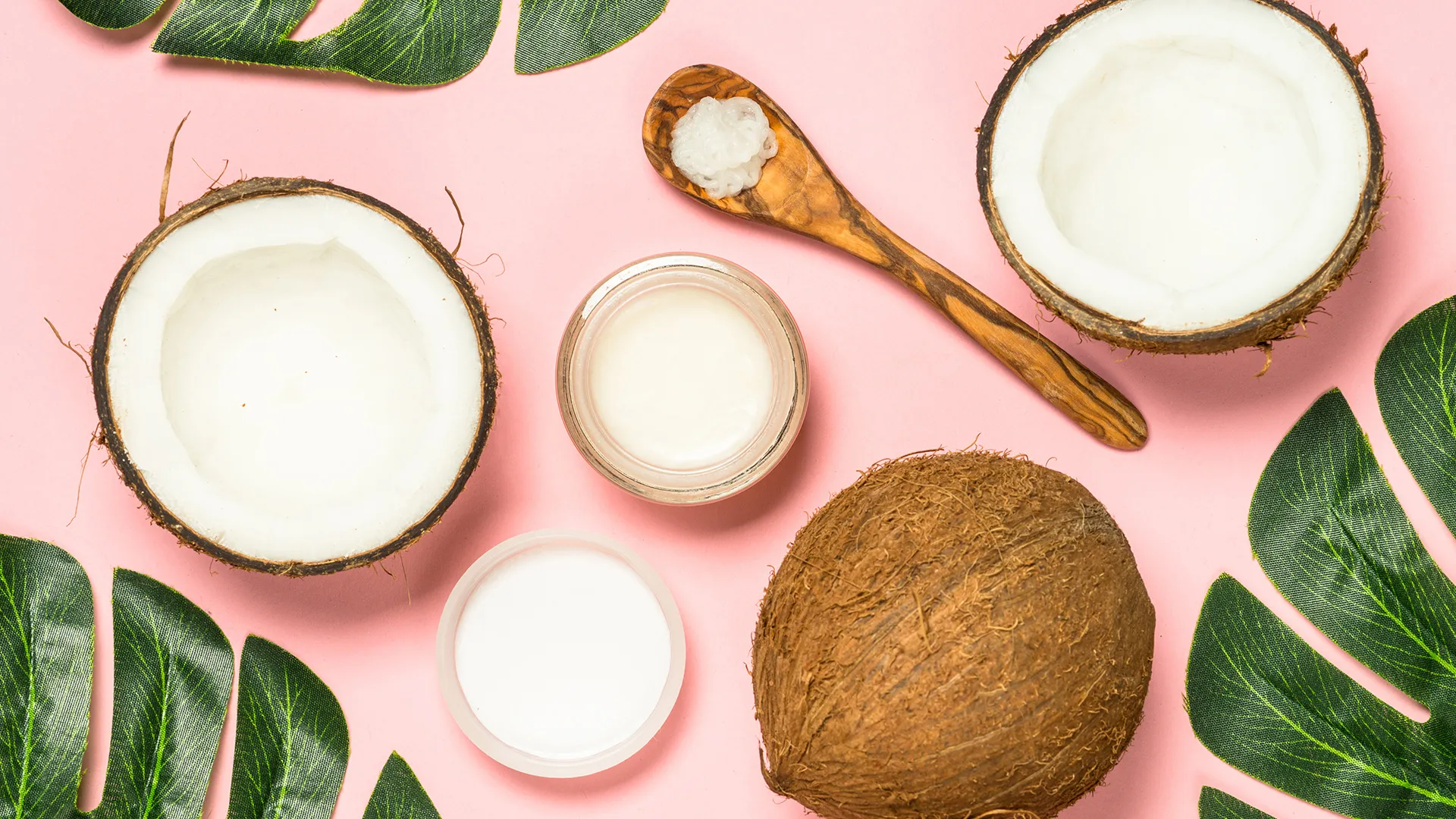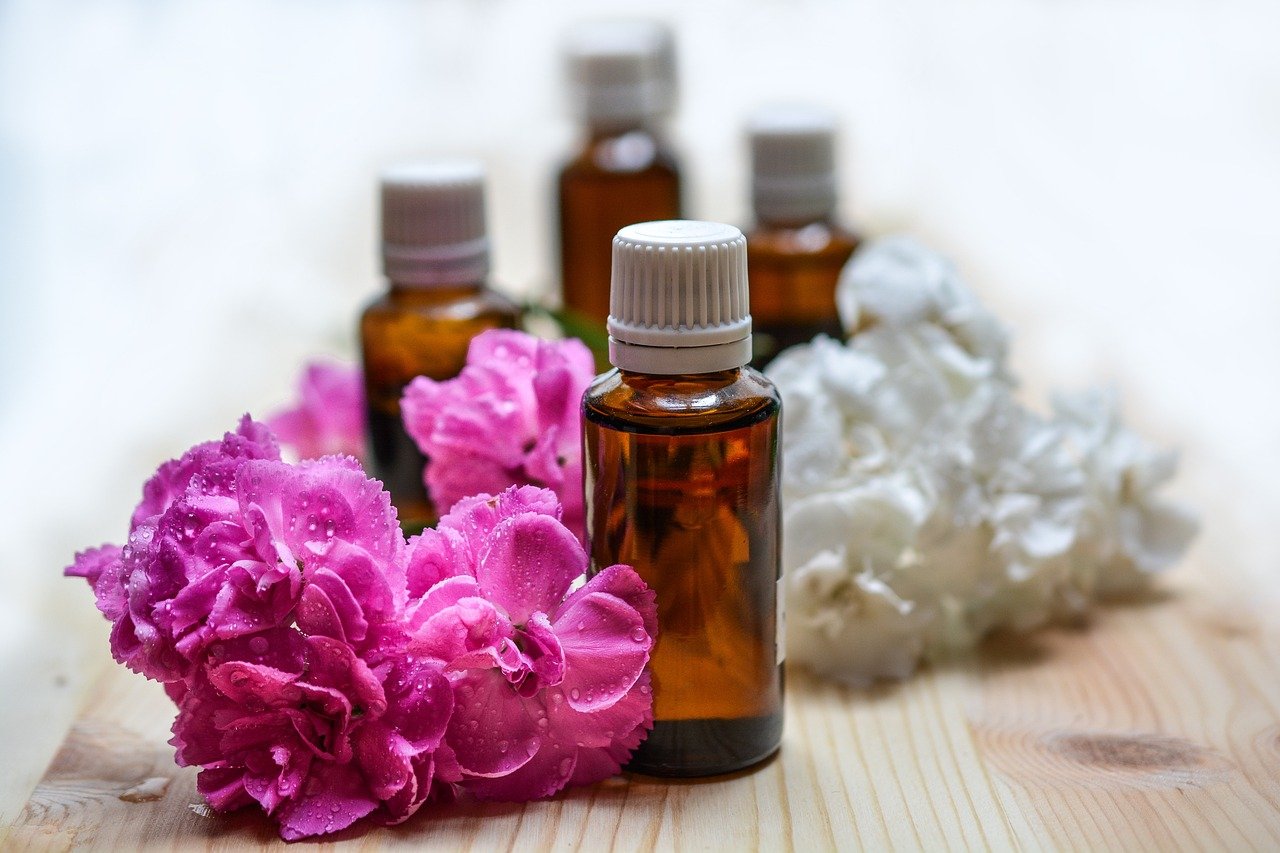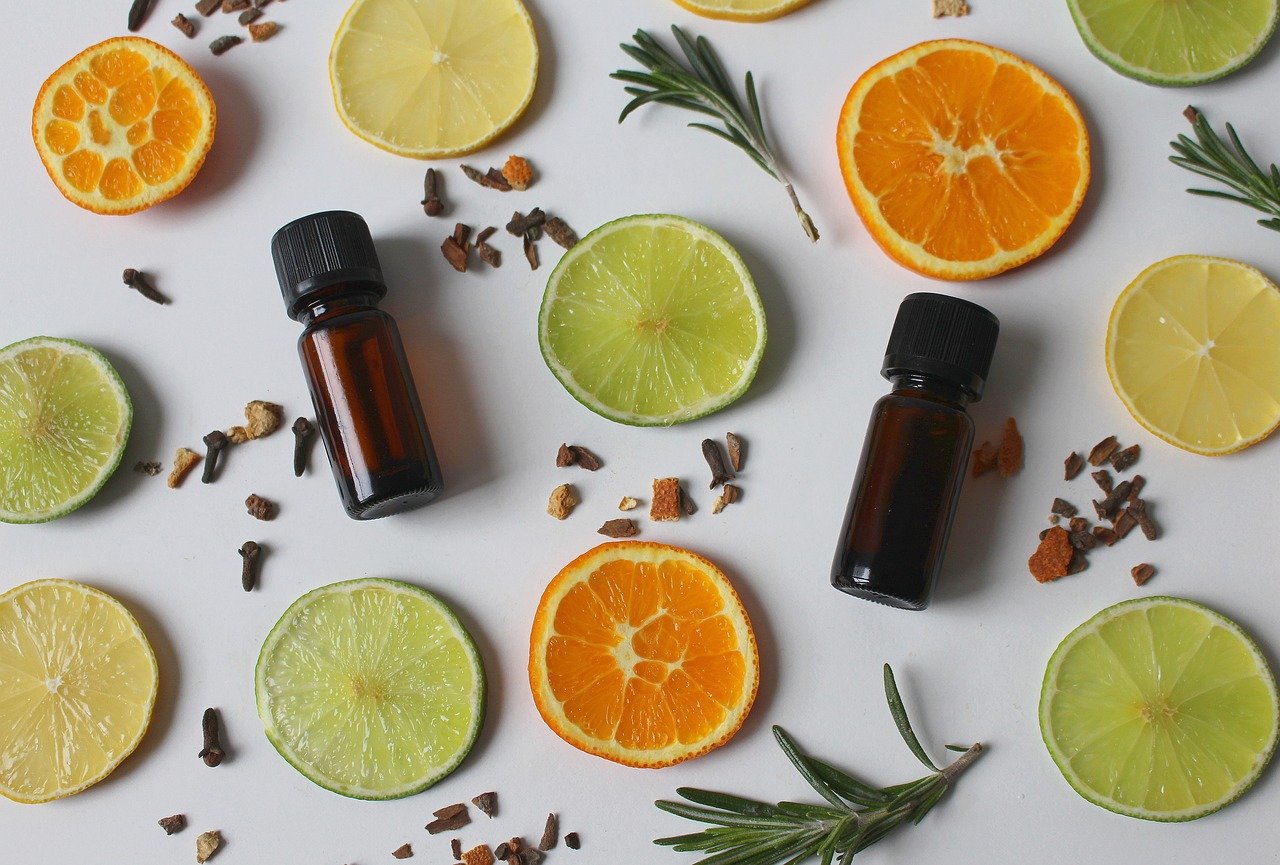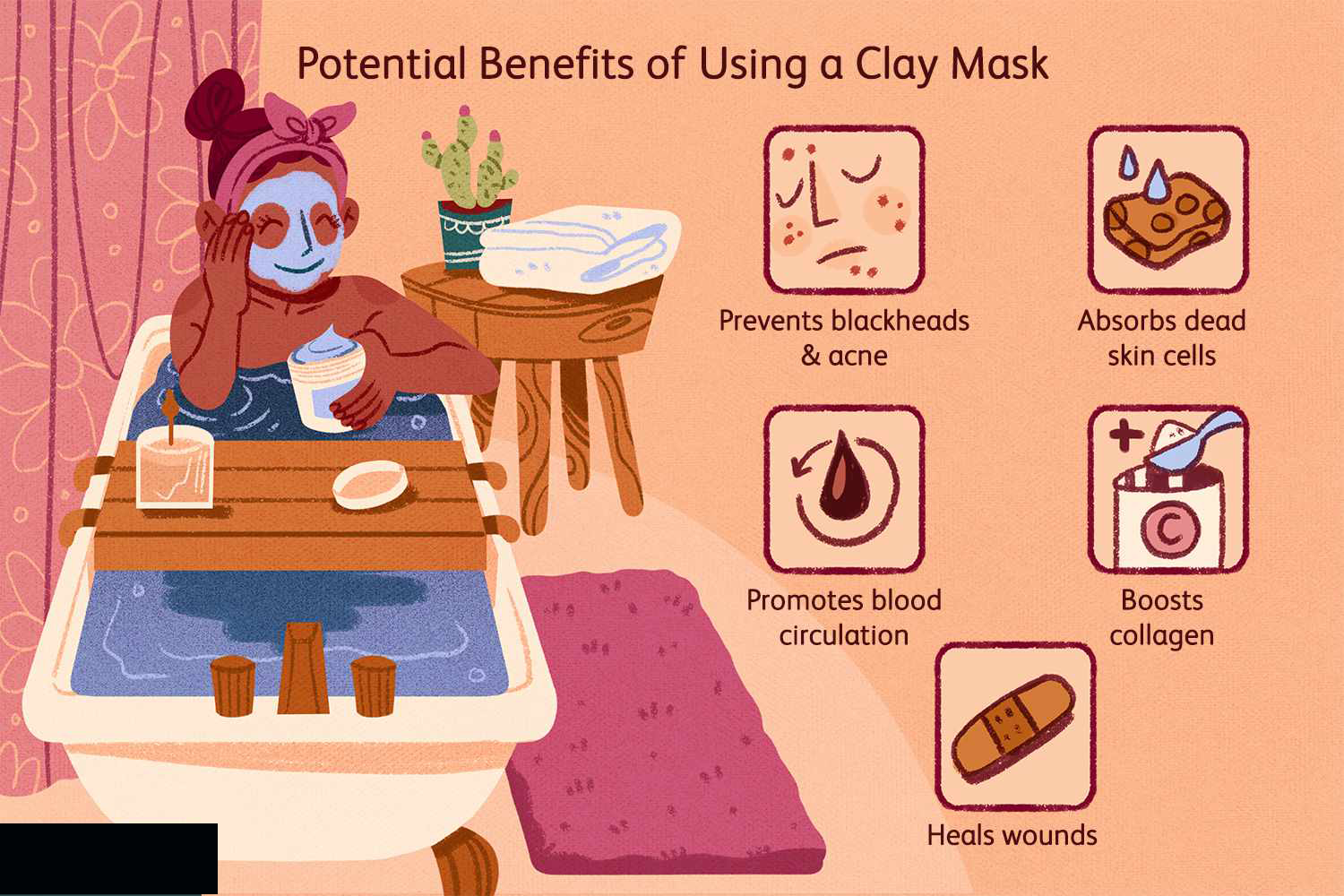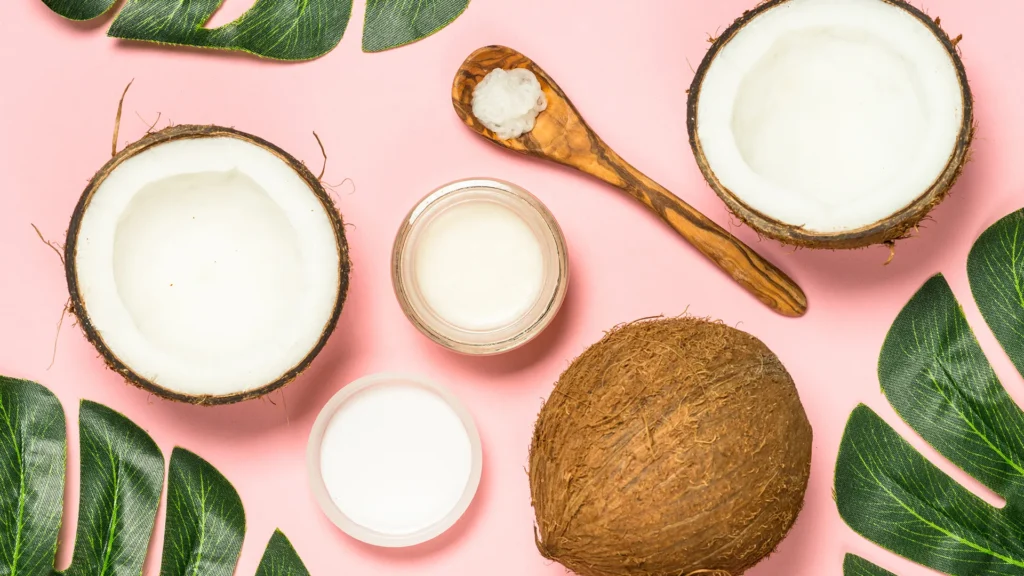
Coconut oil has been celebrated for centuries as a versatile natural remedy, and it’s no surprise that it has found its way into the skincare routines of countless individuals. Its moisturizing and antimicrobial qualities make it a standout ingredient, offering solutions for a variety of skin concerns. Whether you’re battling dryness, managing acne, or simply looking for a natural glow, coconut oil can be the game-changer your skincare routine needs.
In today’s world of chemical-laden products and overwhelming options, many are seeking simple, effective, and natural alternatives. Coconut oil stands out not just for its effectiveness but also for its affordability and accessibility. It is packed with essential fatty acids, antioxidants, and vitamins that nourish the skin deeply. From hydration to healing, the benefits of coconut oil extend beyond what many might expect from a single ingredient.
In this article, we’ll dive deep into how coconut oil can revolutionize your skincare regimen. We’ll explore its unique properties, discuss practical ways to incorporate it into your routine, and address common concerns about its use. By the end, you’ll have a comprehensive understanding of why coconut oil is a must-have for achieving healthier, radiant skin naturally.
The Science Behind Coconut Oil and Skin Health
Coconut oil is derived from the meat of mature coconuts and is rich in medium-chain fatty acids (MCFAs), particularly lauric acid, which makes up nearly 50% of its composition. These MCFAs are what give coconut oil its impressive antimicrobial and moisturizing properties, making it an effective tool for addressing a variety of skin concerns.
Moisturizing Power of Coconut Oil
Coconut oil acts as an excellent natural moisturizer. The MCFAs penetrate deeply into the skin, providing hydration that doesn’t just sit on the surface. This is particularly beneficial for individuals with dry or flaky skin, as coconut oil can help repair the skin’s natural barrier, locking in moisture and reducing water loss.
- Hydration for All Skin Types: Despite its rich texture, coconut oil is suitable for all skin types, though those with oily or acne-prone skin should use it sparingly.
- Long-lasting Effects: Unlike many synthetic moisturizers, coconut oil doesn’t evaporate quickly, ensuring longer-lasting hydration.
Antimicrobial Benefits
Lauric acid in coconut oil is known for its strong antimicrobial properties, making it effective against harmful bacteria, fungi, and viruses. This makes coconut oil an excellent choice for managing conditions like acne, eczema, and even minor cuts or scrapes.
| Benefit | How It Helps | Key Component |
|---|---|---|
| Fights Acne | Reduces bacterial growth | Lauric acid |
| Soothes Eczema | Relieves itching and inflammation | Caprylic acid |
| Heals Minor Wounds | Prevents infection | Antimicrobial MCFAs |
Coconut Oil as a Natural Alternative to Skincare Products
Modern skincare routines often involve numerous products, many of which are filled with synthetic chemicals. Coconut oil offers a natural, multipurpose alternative that can replace several of these products.
Coconut Oil for Cleansing
As an oil-based cleanser, coconut oil is highly effective at removing makeup, sunscreen, and impurities from the skin. Its ability to dissolve sebum and other oils makes it a powerful yet gentle cleanser.
How to Use:
- Warm a small amount of coconut oil between your palms.
- Massage it onto your face in circular motions.
- Use a damp, warm cloth to wipe away the oil and impurities.
A Natural Makeup Remover
Coconut oil easily breaks down stubborn waterproof makeup while nourishing the delicate skin around the eyes. Unlike many commercial makeup removers, it doesn’t sting or irritate.
Addressing Concerns About Coconut Oil
While coconut oil boasts many benefits, it’s important to address potential drawbacks to ensure safe and effective use.
Is Coconut Oil Safe for Acne-Prone Skin?
There’s a common concern that coconut oil might clog pores, particularly for those with acne-prone skin. While it is comedogenic, meaning it can block pores in some individuals, this largely depends on your skin type. Using organic, cold-pressed coconut oil sparingly and testing it on a small patch of skin can help determine whether it’s suitable for you.
Choosing the Right Coconut Oil
Not all coconut oils are created equal. For skincare purposes, it’s essential to choose unrefined, virgin coconut oil, as it retains the most beneficial nutrients and antioxidants. Refined coconut oil may lose some of its effectiveness due to processing.
Incorporating Coconut Oil Into Your Skincare Routine
As a Daily Moisturizer
Coconut oil can replace your regular moisturizer or be used as a targeted treatment for dry areas like elbows, knees, and heels.
Application Tip: Apply coconut oil immediately after bathing to lock in moisture. Use just a thin layer to avoid feeling greasy.
DIY Skincare Recipes with Coconut Oil
Coconut Oil Sugar Scrub
A gentle exfoliant that removes dead skin cells while deeply hydrating.
Ingredients:
- 2 tbsp coconut oil
- 1 tbsp sugar
- A few drops of essential oil (optional)
Instructions: Mix the ingredients, apply to your face or body, and gently scrub in circular motions before rinsing.
Soothing Coconut Oil Face Mask
Perfect for calming irritated or dry skin.
Ingredients:
- 1 tbsp coconut oil
- 1 tsp honey
- 1 tsp turmeric powder
Instructions: Combine, apply evenly to your face, and leave on for 10–15 minutes before rinsing.
Benefits That Go Beyond Skincare
Coconut oil isn’t just for your skin; its holistic benefits extend to overall wellness. Its soothing scent can provide aromatherapeutic relaxation, and its antioxidants support anti-aging by reducing free radical damage.
Conclusion
Coconut oil has the power to transform your skincare routine, providing natural solutions to a host of common skin concerns. Its moisturizing and antimicrobial properties make it a versatile addition to any regimen, whether you’re looking to combat dryness, cleanse effectively, or heal and soothe your skin.
As an expert in natural remedies, I’ve seen firsthand how coconut oil can revolutionize self-care routines. By choosing high-quality, unrefined coconut oil and incorporating it thoughtfully, you can achieve healthier, glowing skin while embracing a more natural approach to skincare.
Ready to give coconut oil a try? Start small, experiment with its many uses, and discover why this ancient remedy remains a timeless favorite for radiant, nourished skin.

